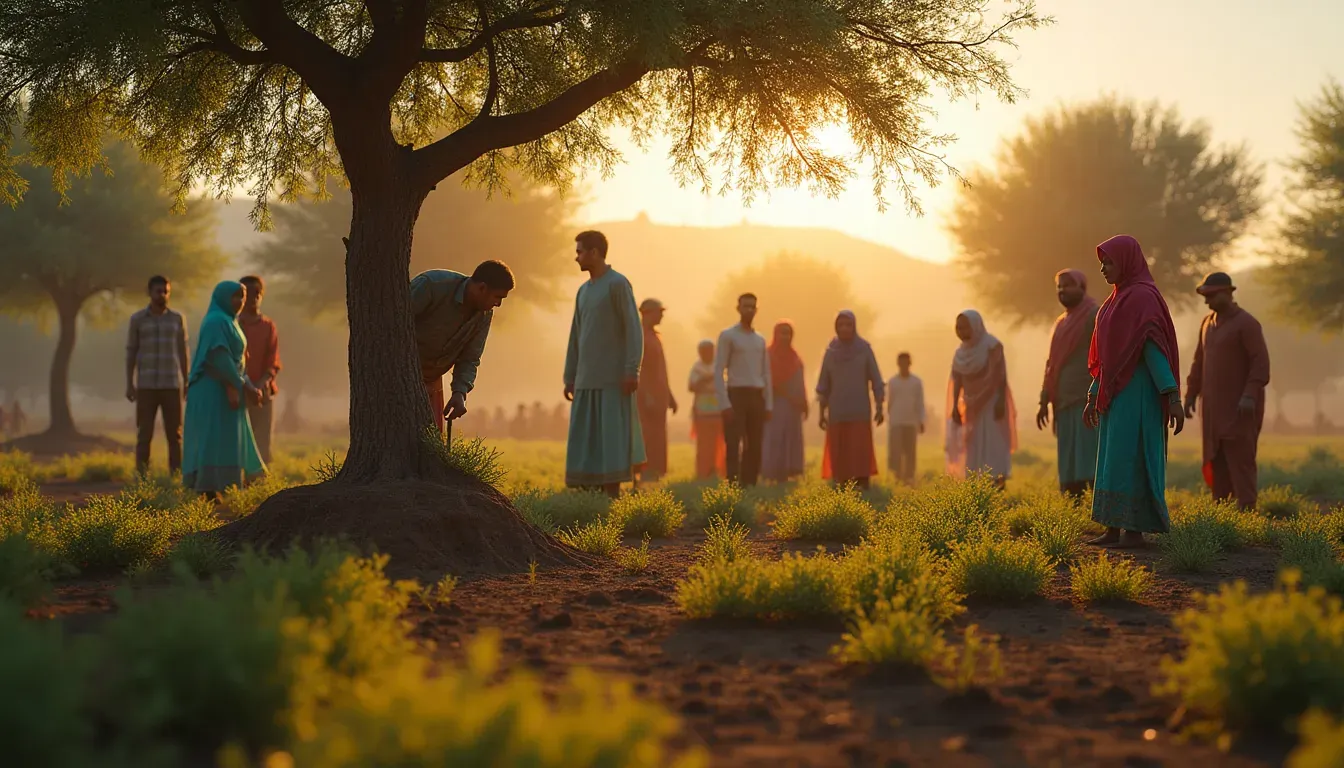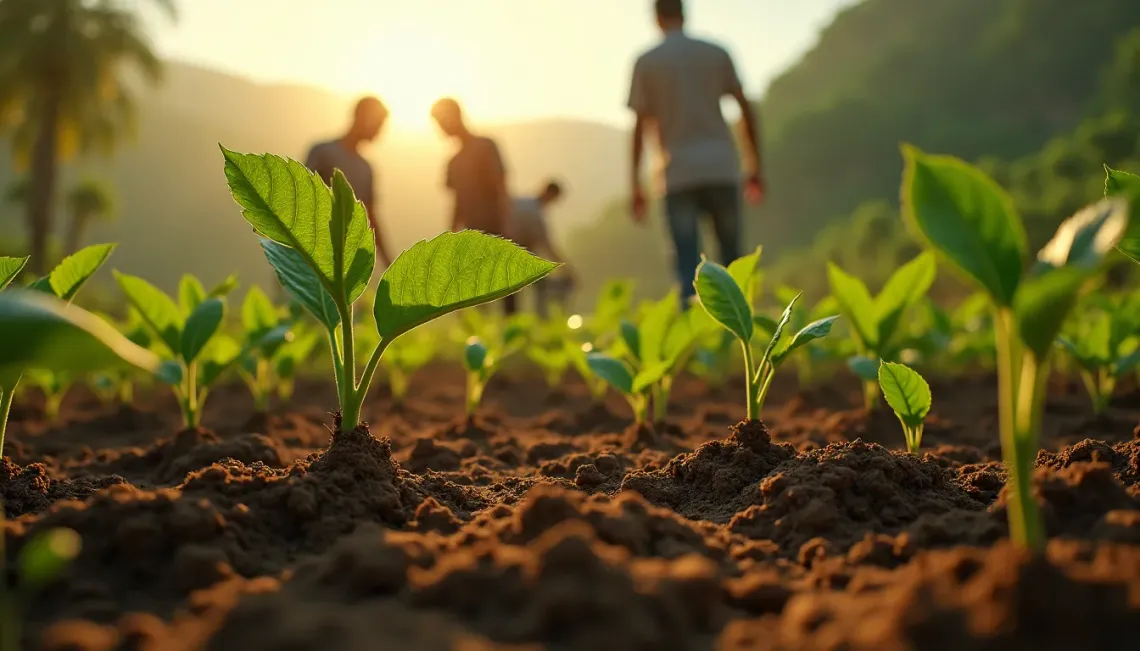Tree planting plays a vital role in transforming Moroccan communities, offering both environmental and socio-economic advantages. This article delves into the profound impact of tree planting on Moroccan communities, emphasizing sustainable development, community empowerment, and environmental benefits. By exploring these connections, we aim to inspire further engagement and understanding of this significant initiative.
Understanding the Environmental Impact of Tree Planting
In Morocco, tree planting initiatives have gained momentum due to their substantial environmental impact. Trees act as natural air filters, absorbing carbon dioxide and releasing oxygen, thereby combating climate change. Moreover, they prevent soil erosion and improve water retention, which is crucial for arid regions in Morocco.
Through tree planting, Moroccan communities can create green belts that help in acclimatizing local climates. These environmental transformations are vital for ensuring the sustainable development of both urban and rural areas.
The Role of Tree Planting in Sustainable Development
Sustainable development in Morocco is deeply intertwined with tree planting efforts. Trees provide necessary resources such as fruits, nuts, and wood, contributing to the economy. This not only supports local agriculture but also creates new job opportunities, fostering economic growth and stability.
Moreover, tree planting projects often integrate with broader sustainability goals, including renewable energy initiatives and eco-friendly tourism. By aligning with these goals, Moroccan communities can achieve long-term sustainability and resilience against climate adversities.
Community Empowerment Through Tree Planting
Tree planting fosters community empowerment by involving local citizens in environmental stewardship. Participatory approaches, where community members are engaged in every step from planting to maintaining trees, empower individuals and strengthen community bonds.
Education is a crucial component of these projects. By educating communities about the benefits and techniques of tree planting, there's an increase in local awareness and an inclination to protect and expand green spaces. Such empowerment leads to a heightened sense of ownership and responsibility towards the environment.
Challenges and Opportunities
While the benefits of tree planting are evident, there are challenges to overcome. Water scarcity and limited funding can hinder large-scale planting projects. However, innovative solutions such as using drought-resistant tree species and exploring international partnerships can mitigate these obstacles.
The Moroccan government's support, combined with NGO involvement, opens up numerous opportunities for expanding tree planting projects. Collaborations with educational institutions can further enhance these efforts by promoting research and development of sustainable techniques.
Conclusion
The impact of tree planting on Moroccan communities is multifaceted, providing substantial environmental benefits and driving sustainable development. By promoting community empowerment and addressing challenges with innovative solutions, Morocco sets a precedent for integrating environmental consciousness with socio-economic growth. As these initiatives continue to flourish, they hold the potential to transform not only local landscapes but also the lives of individuals within these communities.
For those interested in learning more about sustainable practices, exploring topics related to sustainable agriculture and eco-friendly policies can offer additional insights into Morocco's environmental strategies.




